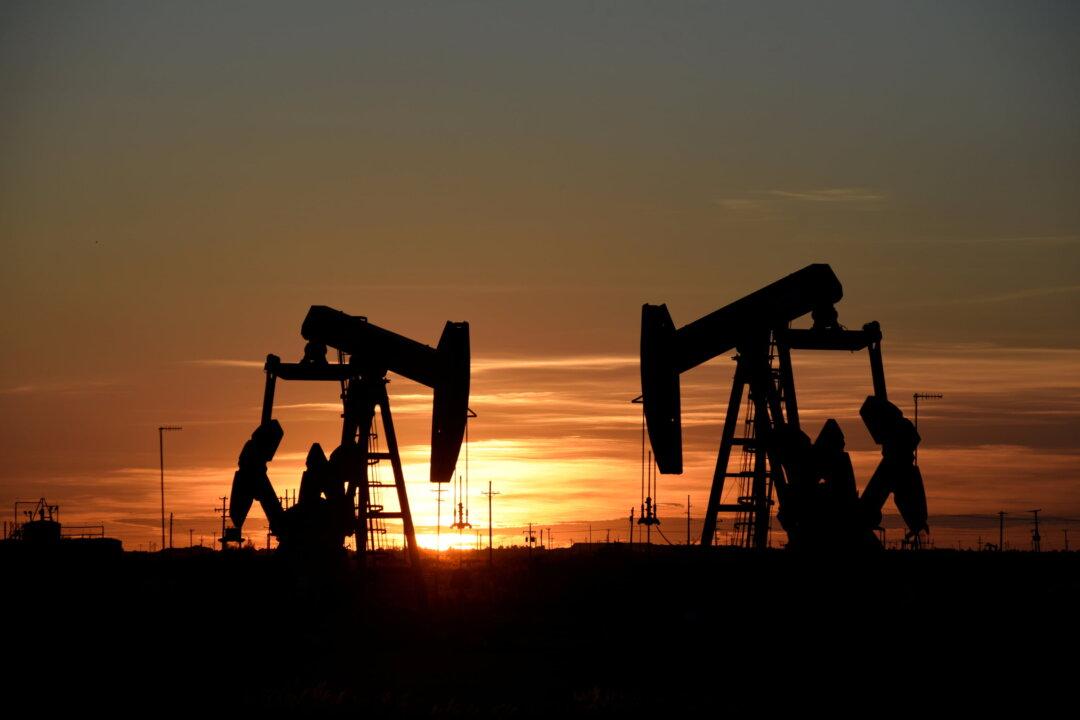MIDLAND, Texas—Ron DeSantis pledged to return the United States to energy independence and dominance by again giving federal support to the oil and gas industry, and reversing the Biden administration’s preoccupation with electric vehicles.
In a wide-ranging campaign speech on Sept. 20 in Midland, a West Texas oil industry hub, the Florida governor rolled out a platform supporting not only energy sources like oil, gas, and nuclear but addressing other natural resource issues, including critical minerals, federal water policy, and forest management.





